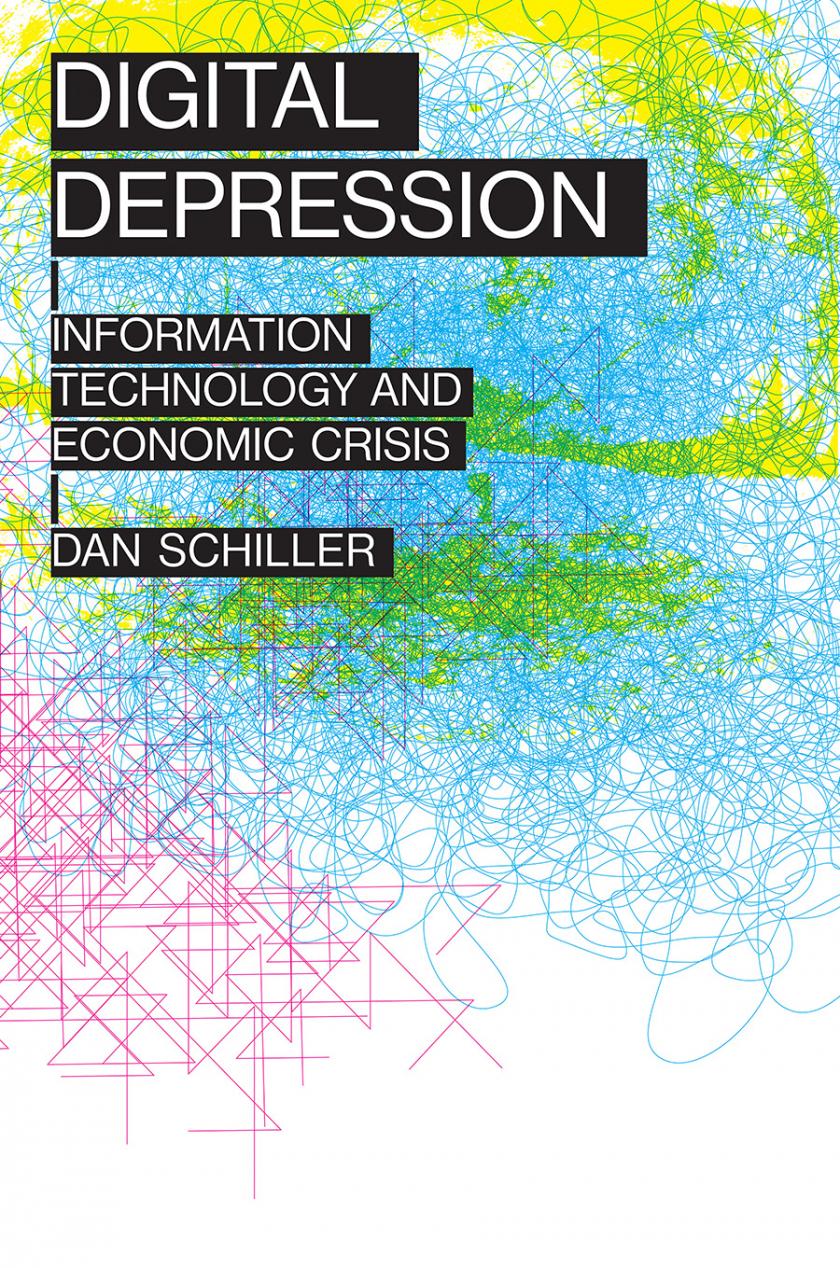 GSLIS Professor Emeritus Dan Schiller has published a new book titled, Digital Depression: Information Technology and Economic Crisis. It is the first in a new series called, “The Geopolitics of Information,” which Schiller co-edits, and is now available from the University of Illinois Press.
GSLIS Professor Emeritus Dan Schiller has published a new book titled, Digital Depression: Information Technology and Economic Crisis. It is the first in a new series called, “The Geopolitics of Information,” which Schiller co-edits, and is now available from the University of Illinois Press.
The new series will explore the role of information within today's conflicted global political economy and is co-edited by Schiller, Professor Pradip Thomas of the University of Queensland, and Professor Yuezhi Zhao of Simon Fraser University. In Digital Depression, Schiller explores the significance of information and communications technologies both in the run-up to the financial crisis that began in 2007-2008, and as a continuing flashpoint of conflict as rival states maneuver to control this coveted pole of growth and power.
A historian of information and communications, Schiller is an expert in the areas of telecommunications history, information policy, and the cultural production and political economy of capitalism. He has taught courses on these topics at the undergraduate and graduate levels. The author of half a dozen books and many research articles, he has written extensively on the development and current structure of digital capitalism—the system of market relationships that is predicated increasingly on networks.
Schiller's recent research focuses on the role of information and communications in today's financial/economic crisis and on the history of U.S. telecommunications infrastructures. Currently, he serves on the editorial boards of several scholarly publications: tripleC: Communication, Capitalism & Critique; Global Media and Communication; Chinese Journal of Communication; Games and Culture: A Journal of Interactive Media; and Television & New Media.
Learn more about Schiller's new book in a Q&A by the University of Illinois Press.

